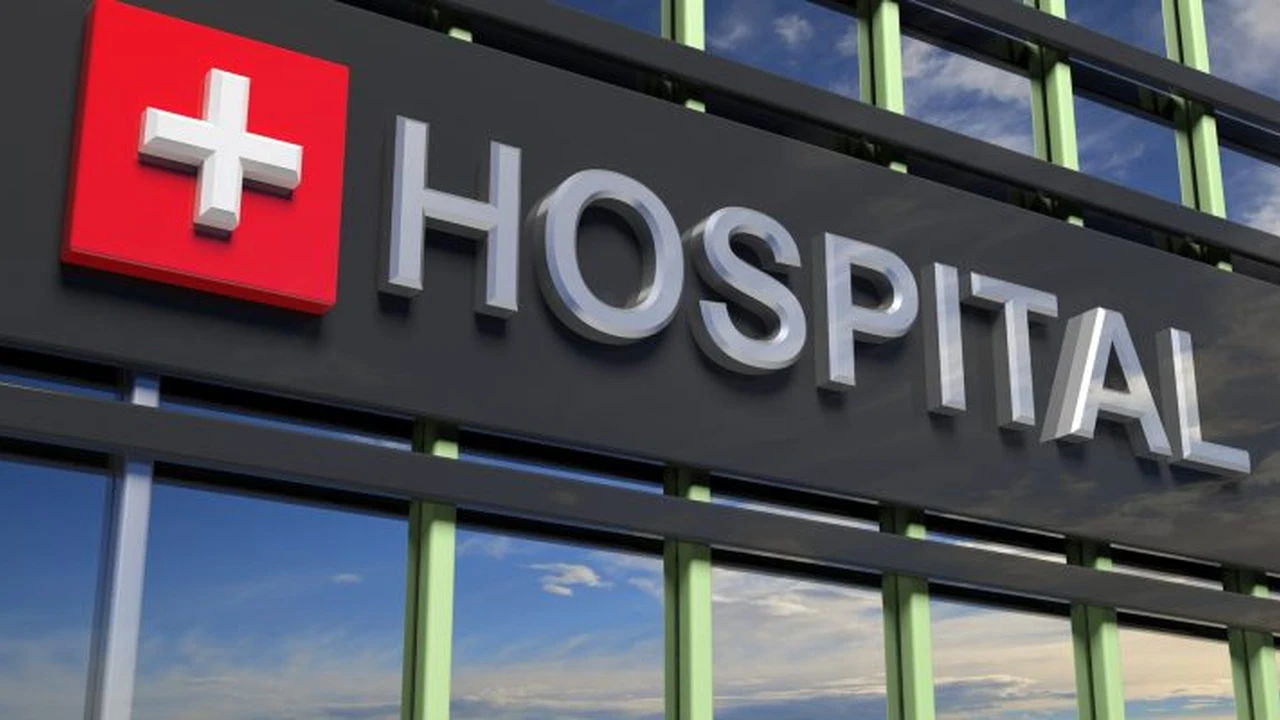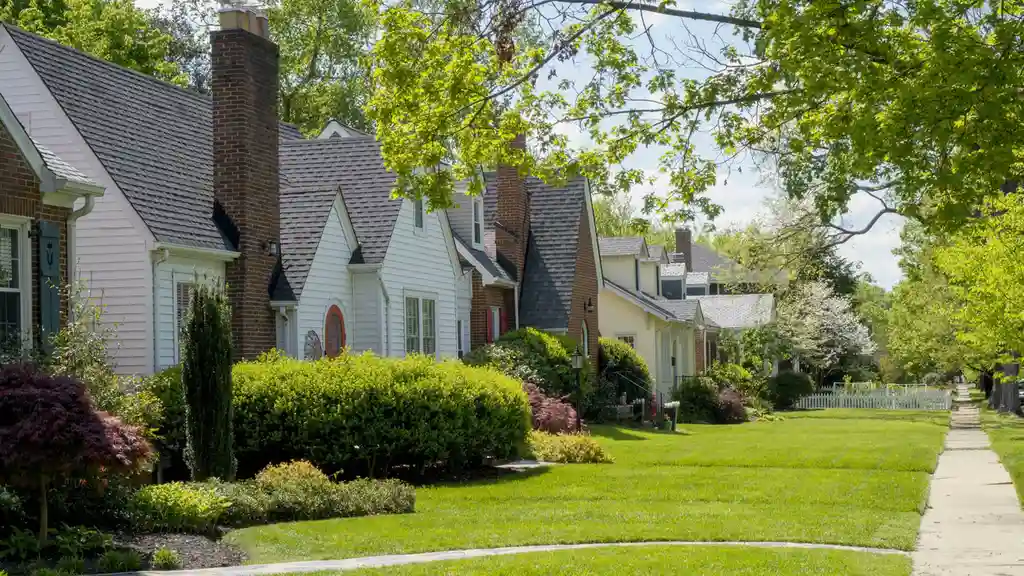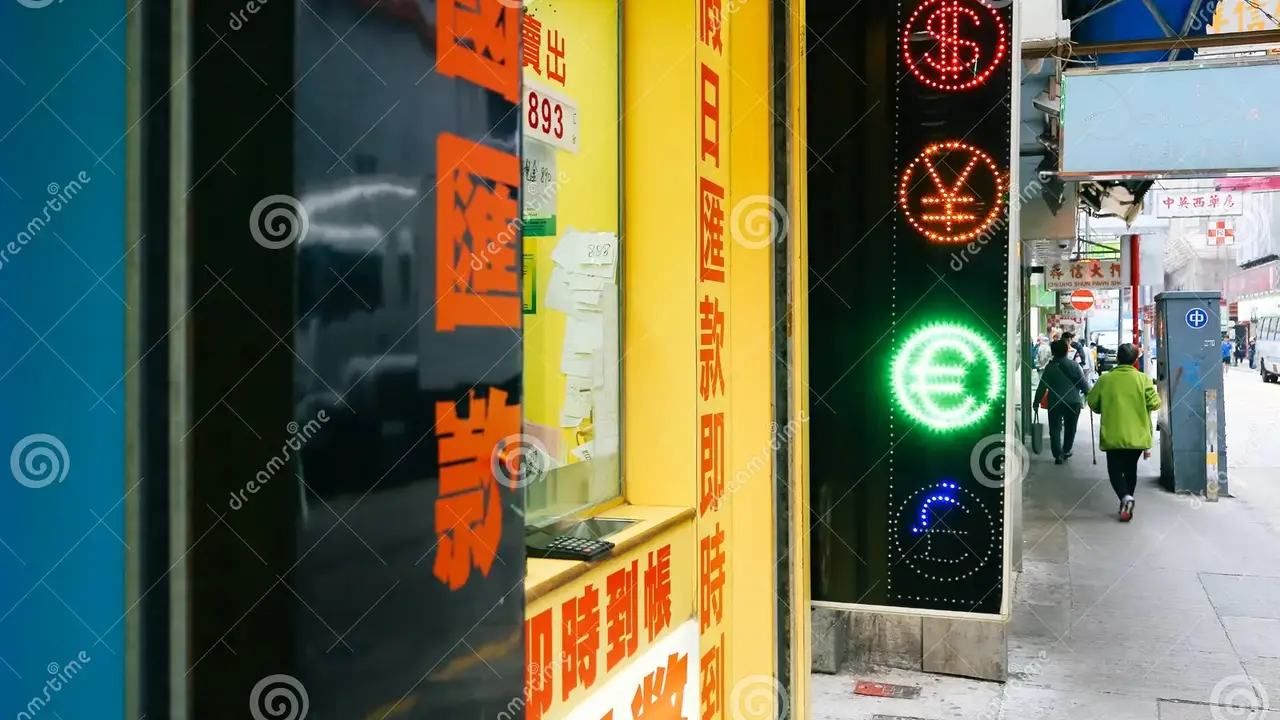Hong Kong's Hospitals and Medical Care: A Guide for US Travelers

Understanding Hong Kong's Healthcare System for US Visitors
So, you're heading to Hong Kong! Awesome choice. But before you get lost in the dazzling lights and delicious dim sum, let's talk about something a little less glamorous but super important: healthcare. Hong Kong boasts a world-class healthcare system, but it's different from what you're used to back in the States. This guide will break it down, so you know what to expect and how to navigate it if you need medical attention.
First things first: Hong Kong has both public and private healthcare options. Public hospitals are generally more affordable, but they can have longer wait times. Private hospitals offer quicker access to care, more personalized attention, and English-speaking doctors, but they come with a higher price tag. Think of it like this: public hospitals are your reliable, budget-friendly option, while private hospitals are your upscale, concierge-style experience.
Public vs Private Hospitals in Hong Kong: Costs, Wait Times, and Language
Okay, let's dive into the nitty-gritty. Public hospitals are subsidized by the government, making them significantly cheaper. Consultations can cost just a few hundred Hong Kong dollars (think around $30-50 USD). However, be prepared for longer wait times, especially for non-emergency procedures. Also, while many doctors speak English, it's not always guaranteed. It's a good idea to brush up on some basic Cantonese phrases just in case. You can find some helpful phrasebooks or translation apps online.
Private hospitals, on the other hand, offer shorter wait times and a higher likelihood of finding English-speaking doctors. But this convenience comes at a cost. Consultations can range from several hundred to several thousand Hong Kong dollars. Hospital stays and procedures can be even more expensive. Make sure you have adequate travel insurance to cover these potential costs. We'll talk more about that later.
To give you a concrete example, a simple consultation for a minor ailment at a public hospital might cost HKD 100-200. The same consultation at a private hospital could easily cost HKD 800-2000. For more serious procedures, the difference in cost can be substantial.
Finding English-Speaking Doctors and Medical Professionals in Hong Kong
Finding an English-speaking doctor in Hong Kong is generally not too difficult, especially in private hospitals. Many doctors have trained overseas and are fluent in English. However, it's always a good idea to confirm before booking an appointment. You can check the hospital's website or call their hotline to inquire about language proficiency.
Here are a few resources to help you find English-speaking doctors:
- The Hong Kong Medical Association: Their website has a directory of registered doctors, although it doesn't always specify language skills.
- Private Hospital Websites: Most private hospitals have online doctor directories that list their specialties and languages spoken.
- Your Hotel Concierge: They can often recommend English-speaking doctors in the area.
- Expat Forums and Groups: Online forums and Facebook groups for expats in Hong Kong can be a great source of recommendations.
Travel Insurance for US Citizens in Hong Kong: What You Need to Know
Okay, let's talk about the really important stuff: travel insurance. Don't even think about traveling to Hong Kong without it! Your US health insurance likely won't cover you overseas, and medical expenses in Hong Kong can be surprisingly high, especially in private hospitals. Travel insurance can protect you from unexpected medical bills, as well as other travel-related mishaps like lost luggage or flight cancellations.
When choosing travel insurance, make sure it covers:
- Medical Expenses: This is the most important coverage. Make sure it includes coverage for hospital stays, doctor's visits, emergency medical evacuation, and repatriation of remains (hopefully you won't need that last one!).
- Pre-existing Conditions: If you have any pre-existing medical conditions, make sure your policy covers them. Some policies exclude coverage for pre-existing conditions, or they may require you to pay extra for it.
- Emergency Medical Evacuation: This covers the cost of transporting you to a better-equipped hospital or back to the US if you need specialized medical care that's not available in Hong Kong.
- Trip Cancellation/Interruption: This covers you if you have to cancel or interrupt your trip due to unforeseen circumstances, such as illness, injury, or a family emergency.
- Lost Luggage: This covers the cost of replacing lost or stolen luggage.
Some popular travel insurance providers for US citizens include:
- Allianz Travel Insurance
- World Nomads
- Travel Guard
- Seven Corners
Compare policies carefully and read the fine print to make sure you're getting the coverage you need. Don't just go for the cheapest option. Consider your individual needs and risk tolerance.
Essential Medications and First Aid Supplies for Your Hong Kong Trip
Before you pack your bags, make sure you've got all the essential medications and first aid supplies you'll need for your trip. It's always a good idea to bring a basic first-aid kit with you, especially if you're planning on doing any hiking or outdoor activities.
Here's a list of essential items to include in your first-aid kit:
- Pain relievers: Ibuprofen or acetaminophen for headaches, fever, and minor aches and pains.
- Antihistamines: For allergies and insect bites. Benadryl is a good option.
- Motion sickness medication: If you're prone to motion sickness, bring some Dramamine or Bonine.
- Anti-diarrheal medication: Imodium or Pepto-Bismol for traveler's diarrhea.
- Bandages and antiseptic wipes: For cuts and scrapes.
- Hand sanitizer: To keep your hands clean and prevent the spread of germs.
- Sunscreen: Hong Kong can be sunny, even on cloudy days. Bring a high-SPF sunscreen to protect your skin.
- Insect repellent: Especially if you're traveling during the warmer months.
- Any prescription medications you take regularly: Make sure you have enough to last for your entire trip, plus a few extra days in case of delays. Bring a copy of your prescription with you.
You can find many of these items at your local drugstore. For prescription medications, talk to your doctor well in advance of your trip to make sure you have enough refills.
Navigating Pharmacies in Hong Kong: Finding What You Need
Pharmacies in Hong Kong are generally well-stocked and easy to find. You'll find both Western-style pharmacies and traditional Chinese medicine shops. Western-style pharmacies carry a wide range of over-the-counter medications and prescription drugs. Traditional Chinese medicine shops sell herbs, supplements, and other traditional remedies.
Some popular pharmacy chains in Hong Kong include:
- Watsons
- Mannings
- Sasa (primarily cosmetics and beauty products, but they also carry some over-the-counter medications)
These pharmacies are usually open late and are located in convenient locations throughout the city. You can also find smaller, independent pharmacies in local neighborhoods.
If you need a prescription filled, you'll need to have a valid prescription from a doctor licensed to practice in Hong Kong. If you have a prescription from a US doctor, you may need to get it rewritten by a local doctor.
Specific Product Recommendations for US Travelers in Hong Kong
Okay, let's get down to some specific product recommendations to make your trip to Hong Kong even smoother. These are things I've personally found helpful on my own travels.
Water Purifier Bottle: Grayl Geopress Water Filter
Use Case: Hong Kong's tap water is generally safe to drink after boiling, but if you're out and about, especially hiking in the New Territories, having a water purifier bottle gives you peace of mind. You can fill it up from any tap or stream and have clean, safe drinking water in seconds.
Comparison: There are other water filter bottles on the market, like the LifeStraw Go and the Sawyer Squeeze. The Grayl Geopress is more expensive, but it's faster and filters out viruses, bacteria, and protozoa, while the LifeStraw and Sawyer primarily filter out bacteria and protozoa. The Grayl also has a more durable design.
Price: Around $90 USD.
Travel Adapter: BESTEK Universal Travel Adapter
Use Case: Hong Kong uses the British plug type (Type G), which is different from the US plug type (Type A/B). You'll need a travel adapter to charge your phone, laptop, and other electronic devices. The BESTEK Universal Travel Adapter is a great option because it works in multiple countries and has USB charging ports.
Comparison: There are cheaper travel adapters available, but the BESTEK is more versatile and has built-in surge protection. Some adapters only work in one or two countries, while the BESTEK works in over 150. The USB charging ports are also a huge plus.
Price: Around $25 USD.
Portable Charger: Anker PowerCore 10000
Use Case: You'll be using your phone a lot for navigation, taking photos, and staying connected. A portable charger will keep your phone from running out of battery while you're out exploring. The Anker PowerCore 10000 is compact, lightweight, and provides multiple charges.
Comparison: There are smaller portable chargers available, but they often don't have enough capacity to fully charge your phone multiple times. The Anker PowerCore 10000 strikes a good balance between size and capacity.
Price: Around $25 USD.
Comfortable Walking Shoes: Allbirds Wool Runners
Use Case: You'll be doing a lot of walking in Hong Kong, so comfortable shoes are a must. The Allbirds Wool Runners are lightweight, breathable, and machine-washable. They're perfect for exploring the city's streets and hiking trails.
Comparison: There are many other comfortable walking shoes available, but the Allbirds are particularly good for travel because they're lightweight and easy to pack. They're also made from sustainable materials.
Price: Around $100 USD.
Face Masks: KN95 or N95 Masks
Use Case: While mask mandates may come and go, it's always a good idea to have some face masks on hand, especially if you're traveling during flu season or if you're concerned about air pollution. KN95 or N95 masks offer better protection than surgical masks.
Comparison: Surgical masks are more readily available, but they don't filter out as many particles as KN95 or N95 masks. Make sure you buy your masks from a reputable source to ensure they're genuine.
Price: Varies depending on the brand and quantity.
Emergency Contacts and Important Phone Numbers in Hong Kong
Keep these emergency contacts and important phone numbers handy:
- Emergency (Police, Fire, Ambulance): 999
- Hong Kong Tourism Board Hotline: +852 2508 1234
- US Consulate General in Hong Kong: +852 2523 9011
You can also save these numbers in your phone for easy access.
Staying Healthy in Hong Kong: Tips and Advice
Here are some general tips to help you stay healthy during your trip to Hong Kong:
- Drink plenty of water: Hong Kong can be hot and humid, so it's important to stay hydrated.
- Wash your hands frequently: Especially before eating and after using public transportation.
- Be careful what you eat: Avoid eating food from street vendors that looks unsanitary.
- Get enough sleep: Jet lag can make you more susceptible to illness.
- Avoid touching your face: This can help prevent the spread of germs.
- Wear comfortable shoes: You'll be doing a lot of walking.
- Protect yourself from the sun: Wear sunscreen, a hat, and sunglasses.
By following these tips, you can help ensure that you have a healthy and enjoyable trip to Hong Kong.
:max_bytes(150000):strip_icc()/277019-baked-pork-chops-with-cream-of-mushroom-soup-DDMFS-beauty-4x3-BG-7505-5762b731cf30447d9cbbbbbf387beafa.jpg)






